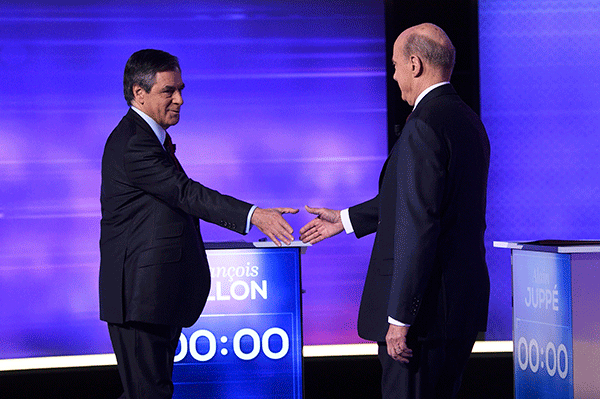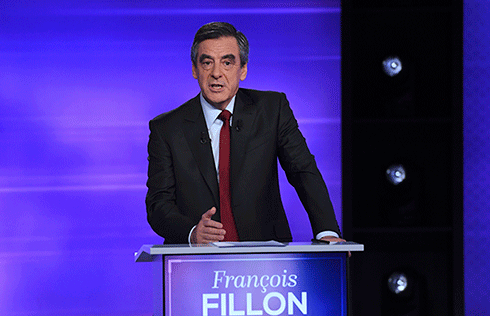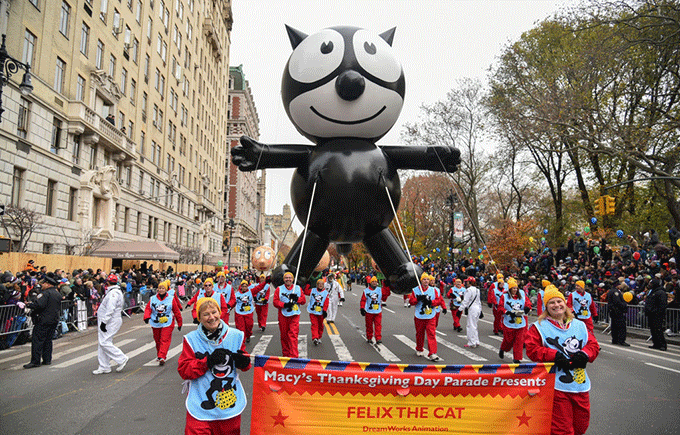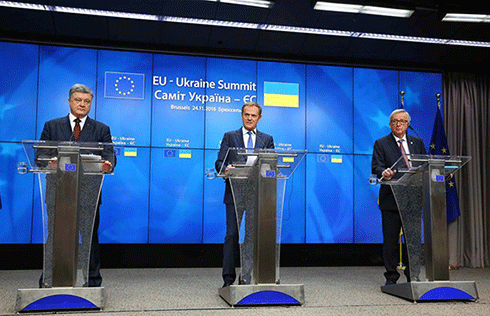French conservative contender Fillon ahead in final debate before primary
 |
|
French politicians Alain Juppe (R) and Francois Fillon shake hands as they arrive to attend the third prime-time televised debate as they campaign in the second round for the French center-right presidential primary election in Paris, France, November 24, 2016. [Photo/Agencies] |
"France is not a multi-cultural nation. I want the foreigners who come to our country to integrate. When we go to somebody's house, we don't try to take power," Fillon said.
Campaigning for "happy identity," Juppe saw the other face of the coin and pledged to consolidate the country's social model and respect diversity of French society that he called a factor of strength.
Juppe, 71, who has served as prime minister and foreign minister, portrayed himself as a modern centrist with moderate political rhetoric with which he tries to appease modern conservatives, centrists and even angry left-wing voters.
"I am a little surprised that, for the first time, the Russian head of state chooses his candidate (in French election)," he said referring to Russian President Vladimir Putin's support for Fillon.
But for Fillon, the real danger is not Russia, the real danger is economy and it is called Asia.
He stressed that Paris and Moscow need to "sit down around the same table" to bridge differences and enhance bilateral ties.
Lagging for months behind Juppe, Fillon, 62, made a surprise lead in the primaries' first round on Sunday with 44.1 percent of vote against Juppe's 28.5 percent.
The two-top-ranked candidates will face off in the runoff on Nov 27.
With a wide margin, Fillon would win the conservative nomination for 2017 presidential election with 65 percent of votes versus 35 percent for his rival, an ifop-Fiducial poll released on Wednesday showed.
According to the country's pollsters, the presidential favorite would be a conservative. He would easily unseat the incumbent Socialist President.
Francois Hollande and beat far-rightist leader Marine Le Pen on growing public discontent over the Socialists's ruling and persistent refusal of a harsh anti-immigration approach.


























